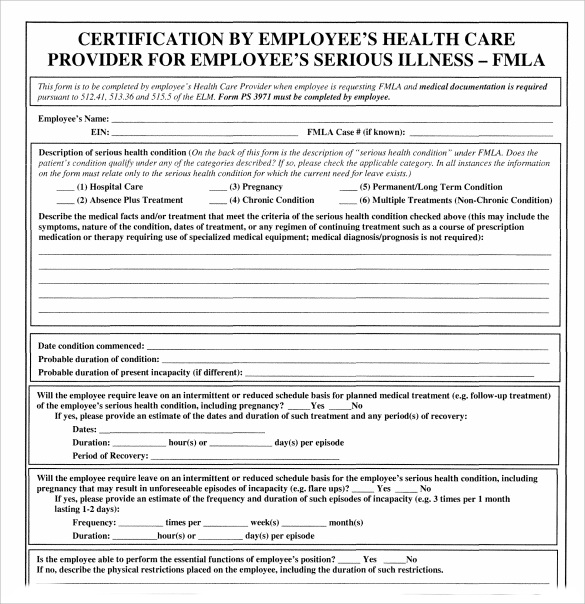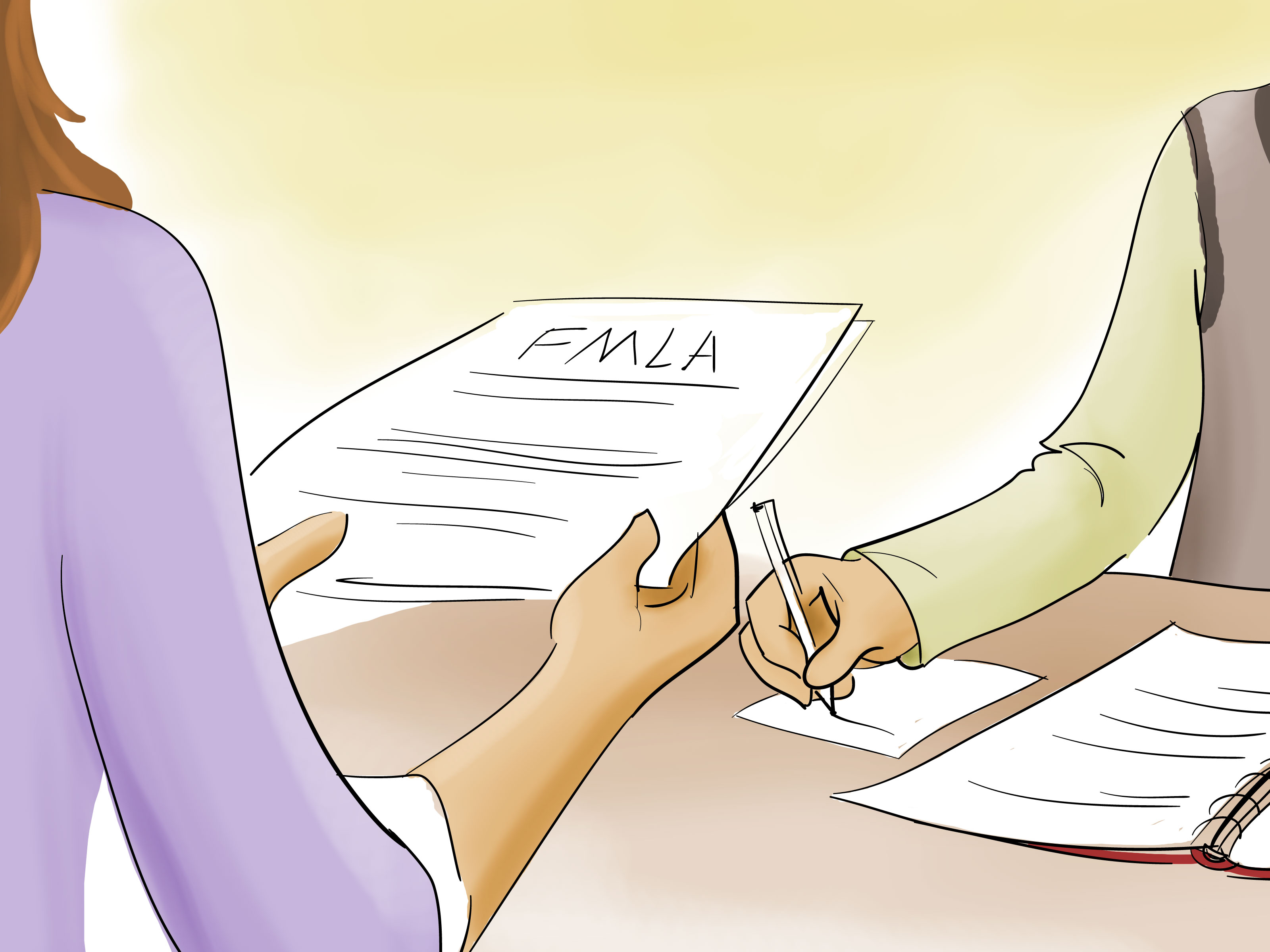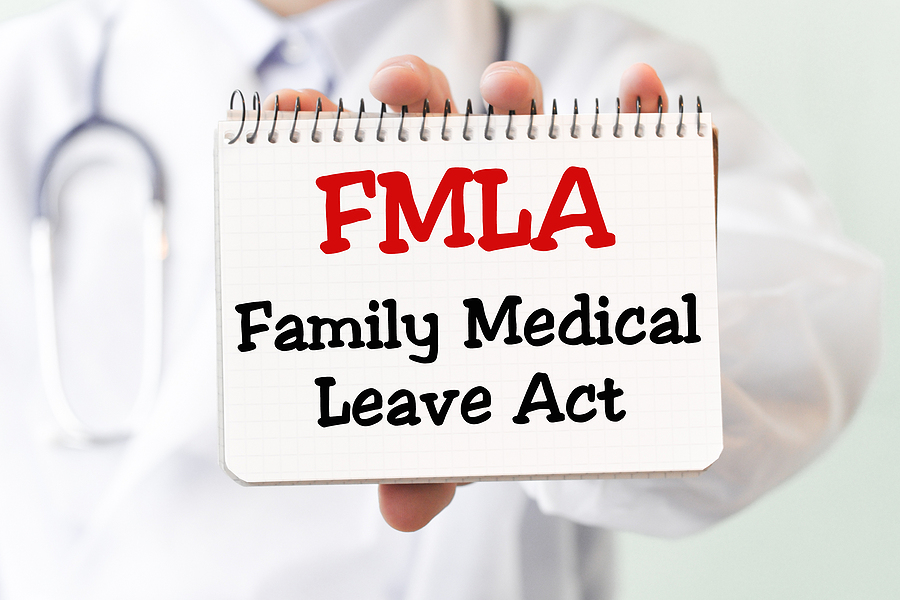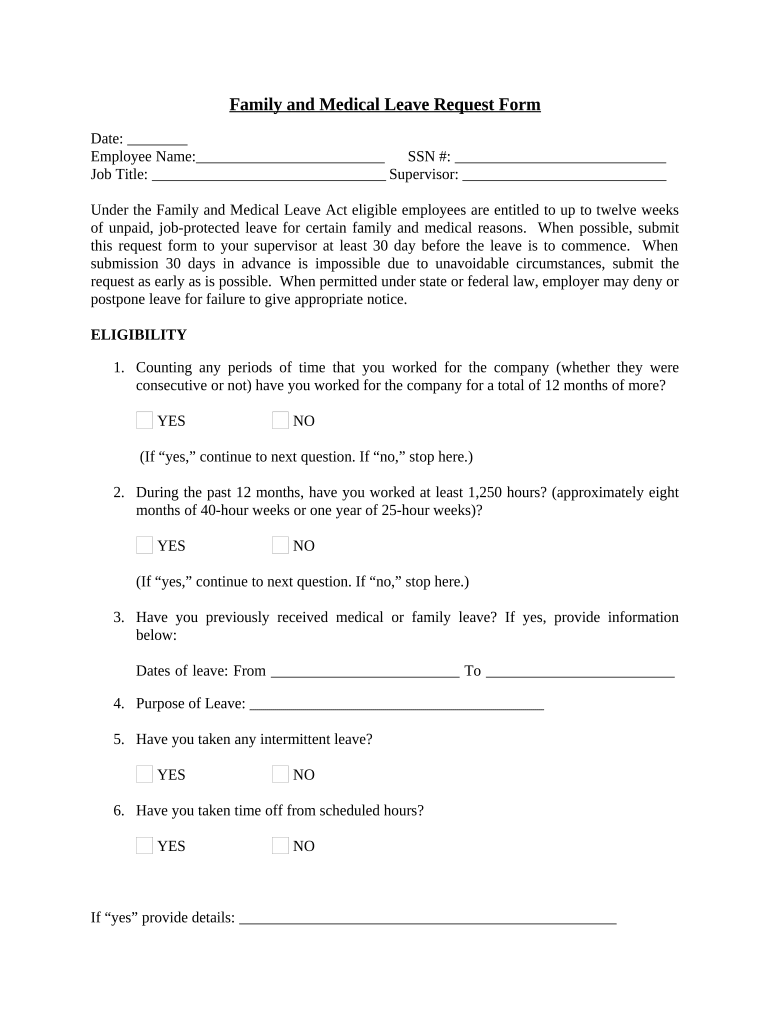7 Steps to Complete FMLA Forms for Elderly Parents

When the health of an aging parent declines, balancing your responsibilities as a caregiver with your job can become a daunting task. Understanding and correctly filling out Family and Medical Leave Act (FMLA) forms can ease some of this burden by ensuring you can take time off to care for your elderly parent without worrying about losing your job or benefits. Here's a detailed guide on how to complete FMLA forms for elderly parents:
1. Understand What Qualifies as FMLA Leave

- The FMLA allows employees to take up to 12 weeks of unpaid, job-protected leave in a 12-month period for specified family and medical reasons.
- Leave can be taken for the serious health condition of a family member, which includes your elderly parents.
2. Collect Necessary Documentation

Before starting, ensure you have:
- Your employee information.
- Details of your parent’s healthcare provider.
- Any existing medical documentation concerning your parent’s health condition.
💡 Note: Keep these documents organized, as you might need to refer to them during the form-filling process or if further information is required.
3. Obtain the Correct Forms

- Start with WH-380-E, the Certification of Health Care Provider for Employee’s Serious Health Condition.
- If your parent needs care, use WH-380-F, the Certification of Health Care Provider for Family Member’s Serious Health Condition.
These forms can be found on the Department of Labor’s website or through your HR department.
4. Fill Out Section 1 of the Form

| Field | Description |
|---|---|
| Employee’s Name | Your full legal name. |
| Job Title | Your current position at work. |
| Work Phone | Your office phone number. |
| Address | Your home address. |
| Company Name | Name of your employer. |
| Company Contact | HR representative’s name and contact details. |

5. Have Your Parent’s Doctor Complete Section 2

- Provide the form to your parent’s healthcare provider.
- Ensure they understand that they need to certify the severity of your parent’s health condition and explain why your care is necessary.
- They must also estimate the duration of care needed.
📌 Note: Sometimes healthcare providers might require additional documentation or authorization to release medical information.
6. Submit the Forms to Your HR Department

- After your parent’s healthcare provider has completed their section, submit the form to your HR department.
- If you’re requesting intermittent leave, you’ll need to specify how often and for how long each session will be.
- Keep copies for your records.
7. Review and Follow-Up

- Your employer will review the forms and may ask for additional information or clarification.
- It’s important to stay in communication with your HR or supervisor regarding the leave dates, return to work, and any necessary accommodations.
📚 Note: Remember that taking FMLA leave is a right, but also a process that requires proper documentation and communication to ensure everything runs smoothly.
Supporting an elderly parent through their health struggles is a challenging but crucial part of life. Understanding how to navigate the FMLA system ensures you can provide the care they need while maintaining your career. Proper documentation, clear communication with your employer, and an understanding of your rights and obligations under FMLA will make the process as stress-free as possible, allowing you to focus on what's truly important – caring for your loved ones.
Can I take FMLA leave if I’m not living with my elderly parent?

+
Yes, FMLA eligibility is not contingent on cohabitation. If you are needed to care for your elderly parent due to a serious health condition, you can take FMLA leave regardless of where you live.
What happens if my employer disputes the need for FMLA leave?

+
If your employer disputes the need for leave or requires additional documentation, you might need to provide further medical evidence or clarification from your parent’s healthcare provider.
Can I use FMLA leave to help manage my parent’s financial affairs?

+
FMLA leave is intended for physical care or when a serious health condition prevents the individual from managing their own affairs. However, if your parent’s serious health condition affects their ability to handle financial matters, you might be able to include this aspect in your FMLA request.